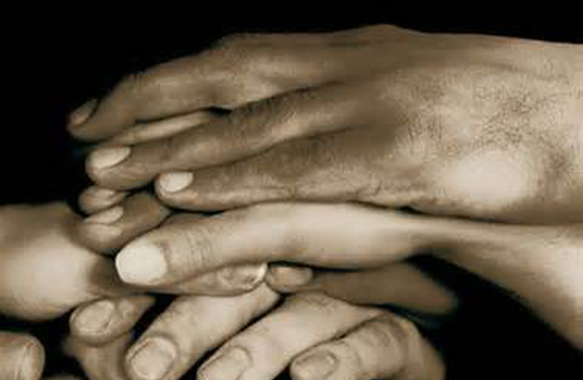By Paul Buchheit | Common Dreams. May 19, 2014
Many wealthy Americans believe that dysfunctional behavior causes poverty. Their own success, they would insist, derives from good character and a strict work ethic. But they would be missing some of the facts. Ample evidence exists to show a correlation between wealth and unethical behavior, and between wealth and a lack of empathy for others, and between wealth and unproductiveness.
The poor, along with a middle class that is sinking toward them, make up the American meritocracy. Here is some of the evidence.
1. The Poor Don’t Cheat As Much
And this doesn’t even begin to examine the many, many significant cases of fraudulent behavior in the banking industry. Or private equity firms that cheat their investors over 50 percent of the time. Or the many unscrupulous corporate tax avoidance strategies.
2. The Poor Care More About Other People
Numerous reputable sources have concluded that lower class individuals tend to be more generous and trusting and helpful, compared to the upper class. As people gain in wealth, they depend less on others, and thus they have less reason to understand the feelings and needs of the less fortunate. The poor are better at interpersonal relationships because they need other people.
In addition, careful studies have determined that money pushes people further to the right, making them less egalitarian, and less willing, as a practical consequence, to provide broad educational opportunities to all members of society.
One neuro-imaging analysis even suggested that the super-wealthy view photos of impoverished people as things rather than as human beings. They react to the poor not with sympathy, but with contempt.
3. The Rich Focus on Me, Me, Me
4. The Poor Give a Greater Percentage of Their Money to Others
Charles Koch said, “I believe my business and non-profit investments are much more beneficial to societal well-being than sending more money to Washington.” The well-being of high society, perhaps.
5. Entrepreneurs are in the (Sinking) Middle Class
With the demise of the middle class, entrepreneurship is decreasing. According to a Brookings Institute report, the “firm entry rate,” a measure of new firms and thus of entrepreneurial startup activity, fell by nearly half in the thirty-plus years between 1978 and 2011. America’s average entrepreneur is 26 years old, but most of our 26-year-olds are burdened by student loan debt.
Meriting Our Respect and Appreciation
These people merit our admiration for persevering in a society where a privileged few are taking almost everything.
This work is licensed under a Creative Commons Attribution-Share Alike 3.0 License.
Paul Buchheit is a college teacher, an active member of US Uncut Chicago, founder and developer of social justice and educational websites (UsAgainstGreed.org, PayUpNow.org, RappingHistory.org), and the editor and main author of “American Wars: Illusions and Realities” (Clarity Press). He can be reached at paul@UsAgainstGreed.org. More Paul Buchheit












Leave A Comment